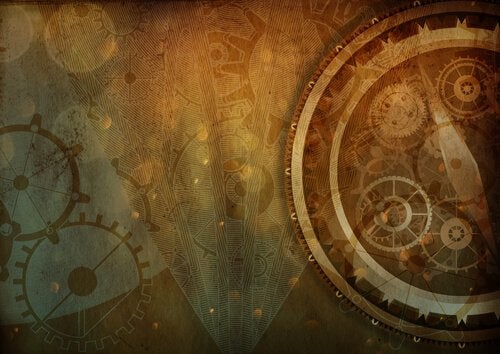Watchmaking, like many others, was not born in Western Europe; Islamic civilization, and in particular Chinese civilization, has already uncovered its mysteries. The so-called oriental klepsidras, an astronomical-inspired clock, however, did not represent the social change that would cause it to be caused by its mechanical cousins in the West. The invention of the clock is above all the discovery of time. The merchant’s time, as anticipated by the French historian Jacques Le Goff, is not the time of the peasant.
Evidently, the action of measuring the days is as old as looking at the stars, however, this service provided by the Sun and Moon is, at the same time, a slavery for them, just as urban electric light would end the tyranny of the nights, the clock will grant the independence of the Sun to the occupied men. With the new advantages, new values would come.
- The Middle Ages.
- As well as some of the antiquity and the later.
- Was an eminently agrarian time.
- Most Europeans lived from the cultivation of land or the care of their livestock.
- Life was marked by natural.
- Daily and seasonal times.
- Activities.
- Sacred or profane.
- Had to adapt to the rhythms imposed by the work.
- Although watches are not common or known.
- They were also not necessary.
But something must have happened in the 13th, 14th and 15th centuries, because Central and Western Europe was full of mechanical clocks of all kinds, from the public clocks of Padua or Bologna to the clocks of chartres or Wells cathedrals. a new use of time among these men. The key elements were the new monastic and urban life.
The new monastic rules, much stricter than before, began to impose on monks a centrality of life around prayer. Unlike the peasants, the monk had to adapt his duties to his prayers, which were established at a stable time.
With fixed praise, precise knowledge of the time and its units became indispensable in the life of the monastery. The padlocks flooded the common spaces, warning of prayer hours. That would be the cradle of this invention.
For medieval theologians, time was as important as it was unrecoverable; wasting it was wasting a gift from Dieu; on the contrary, dedicating it to meditation was a sign of virtue.
Although the clock was created to measure God’s times, the human being quickly began to serve other gods. The rhythms of work in the city, for merchants and craftsmen, were also not necessarily adapted to the incessant dance of the Sun and Moon.
Trade requirements required a culture of new values, such as punctuality or efficiency. Public squares soon began to announce the hours by ringing the bells. The city was boiling, the money went hand in hand, anxious citizens could not afford to be late. one encounter or wait in vain for the other.
Cities have become an echo of the sound of bells, announcing all kinds of periodic events. The new times had a metallic sound.
The development that these machines, already indispensable, had in a few centuries was symptomatic of the time, the ornamental style has been increasingly moving away and the oriental mechanisms have ceased to be useful. constant enough for the passage of time. The different systems of ropes, shafts and weights evolved into true masterpieces, such as the prague Old Town clock (1410).
In the fifteenth century a model was developed that would only be obsolete with current mobile technology: pocket or wristwatches, springs and reels have replaced the counterweights, watchmakers have become less blacksmiths and more artists, it was the definitive individualization of the pace of life. , indispensable for liberal professions. This very century, and as a result of these small clocks, you will see the appearance of the schedules. After 600 years, not everything has changed.
It may be shocking to hear this today, but there was a time when men were not slaves to their clocks, time cannot be mastered, and the attempt to master the rhythm imposed by the stars has irretrievably led to our own dominance.

